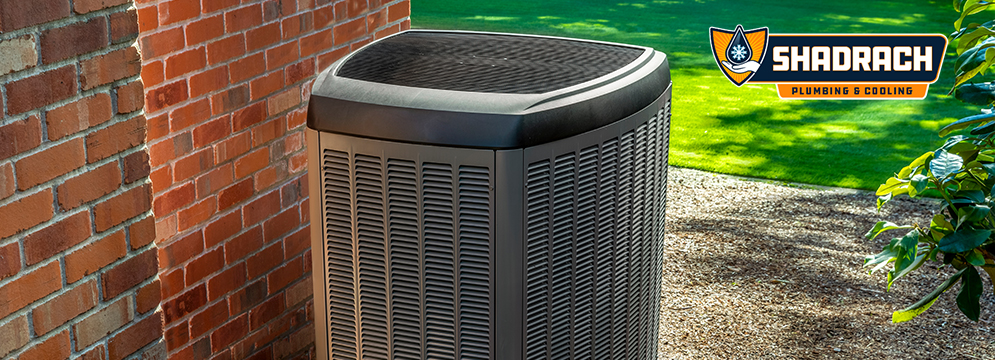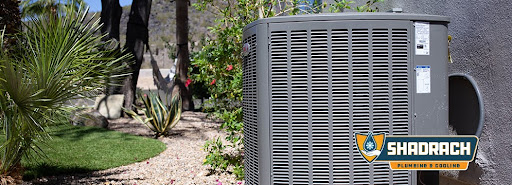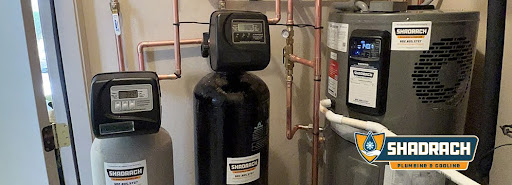Why a Heat Pump Might Be Right for Your Home
A heat pump is a type of heating and cooling system that is designed to transfer heat between indoor and outdoor environments. In Arizona, where temperatures can reach over 100°F during the summer months and average around 65°F during the winter, a heat pump can be an appropriate home comfort choice for a variety of reasons.
Firstly, a heat pump can efficiently cool a home during the hot summer months. Unlike traditional air conditioning units that use electricity to cool the air, a heat pump uses refrigerant to absorb heat from the indoor air and transfer it outside. This process is more energy-efficient than traditional air conditioning, saving homeowners money on their electricity bills.
Secondly, a heat pump is versatile and can provide heat during the cooler winter months in Fountain Hills. While temperatures may not drop as low as they do elsewhere in the U.S. it can still efficiently extract heat from the outdoor air and transfer it indoors, providing warmth without the need for a separate heating system. The ability of a heat pump to be used year-round is convenient and efficient.
Furthermore, installing one can also improve indoor air quality. Because it circulates indoor air through a filter, it can help remove dust, pollen and other harmful allergens, providing a healthier indoor environment for those with allergies or respiratory issues. Contact Shadrach Plumbing & Cooling to learn more about how a heat pump can solve your home comfort needs in the Fountain Hills, AZ area.
Finally, they don’t generate heat. Rather, they transfer heat from indoors to outside and vice versa, depending on the needs of the occupants, making them more environmentally friendly than traditional heating and cooling systems since they consume less energy and produce fewer greenhouse gas emissions.
A heat pump can be the perfect heating and cooling choice for homeowners in Arizona who want an efficient, year-round heating and cooling system that can improve indoor air quality and reduce their environmental impact.










